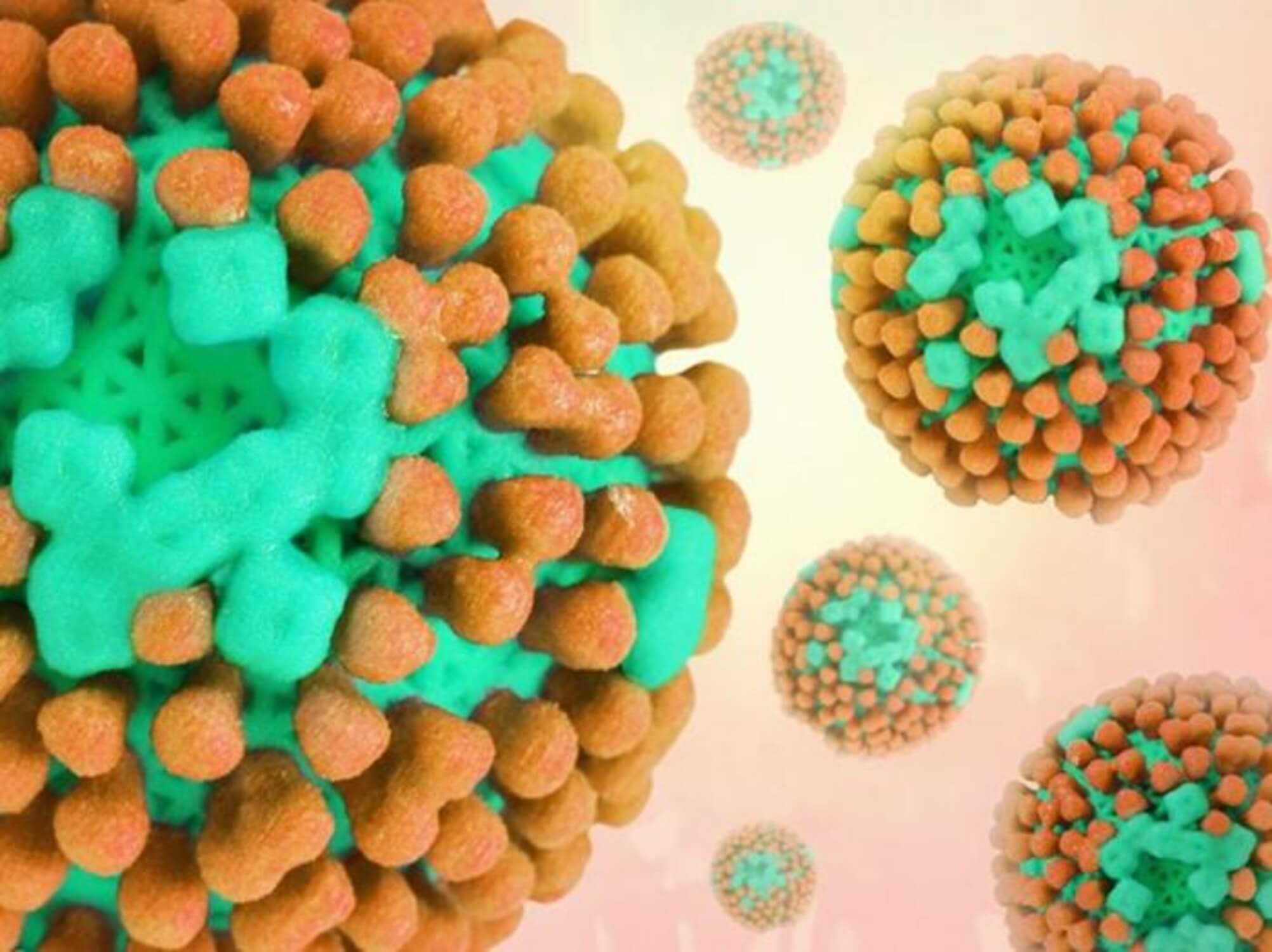💡What To Know:
- Disease X is the name officials are using for a potential future pandemic
- Doctors believe Disease X could be 20 times deadlier than COVID-19
- StudyFinds’ Dr. Faith Coleman reveals what you can do to stay healthy
There is a term all over the internet right now that may be new (and frightening) to hear: Disease X. The first thing you need to know about it is that there is no real Disease X. It isn’t even a new term. However, Disease X is the name healthcare officials are using for an idea — a very concerning idea.
The World Health Organization (WHO) coined the term in 2017. The WHO explains that this new term “represents the knowledge that a serious international epidemic could be caused by a pathogen (a microorganism that may cause disease) currently unknown to cause human disease.”
Simply put, Disease X is a theoretical pathogen – a hypothetical virus. It may be unknown or a long-forgotten infectious particle.
Disease X is on a list of diseases and pathogens that are of highest priority to research and development. Ebola and severe acute respiratory syndrome (SARS) are on the list, as is the Zika virus. These threats (and potential threats) call for urgent development of effective tests, vaccines, and medicines.
The list was updated in 2022, with refinement of scientific and public health criteria. Officials gave consideration to socioeconomic impact and access to healthcare by regions and populations.
Why is Disease X in the news now?
Disease X is trending now because the WHO, at the annual meeting of the World Economic Forum in Switzerland, warned global leaders about the risks of future pandemics.
“Some people say this may create panic,” says WHO director-general Tedros Adhanom Ghebreyesus in a statement. “No. It’s better to anticipate something that may happen – because it has happened in our history many times – and prepare for it.”
In a recent interview, officials described Disease X as a pathogen 20 times deadlier than COVID-19, which has killed almost seven million people. Dr. Amesh Adalja, senior scholar at Johns Hopkins Center for Health Security, says that such a disease is a possibility.
“There are strains of viruses that have very high mortality rates that could develop the ability to transmit efficiently from human to human,” says Dr. Amesh Adalja, according to a CBS News report.
Adalja speculates that the hypothetical pathogen may end up being a respiratory virus that could become highly transmissible from human to human. The doctor says that such a microorganism may already be circulating in animal species, just like bird flu or swine flu. Human interactions with these animals could be where diseases get their start.
“Most of these will die out, but what we worry about is one that can spread efficiently, like the way 1918 did,” Dr. Adalja adds, comparing Disease X to the Spanish flu.

At the economic forum, discussions often include proactive measures against viral types which are most likely to generate a pandemic. These actions include developing diagnostic tests and vaccines. Early warning systems are necessary, as well as health services with the ability to expand rapidly and which have greater resilience to unexpected surges. Luckily, officials worldwide can start making preparations without knowing exactly what Disease X will be.
There are obstacles to efficiently and effectively managing a highly virulent emerging disease. One of these is a global lack of transparency, such as China’s denial of COVID-19’s rapid human-to-human transmission.
Another dangerous obstacle is misinformation, interfering with the public’s ability to trust public health officials and to be receptive to recommended protective measures against emerging pathogens. That distrust is instrumental in the recent measles outbreak in Philadelphia, fed by anti-vaccine sentiment.
Media integrity is needed but is difficult, if not impossible, to regulate. Already, Disease X is politicized, when one reporter introduces the topic as an issue that could face the next U.S. president. Some of the unsubstantiated claims in the media include a prediction that 15 million people will die, and that the new pathogen will kill up to 75 percent of people who contract the disease. Another claims that Disease X is already here.
What can you do to protect against a possible Disease X?
Although Disease X is a mystery, you can take measures to optimize your resistance to illness. Stay healthy – get enough sleep, exercise vigorously six or seven days a week, and eat healthfully.
Read and listen with skepticism to sources other than those supported by rigorous research and analysis. Follow the recommendations of public health officials.
In medicine, we have a saying for emergent situations that threaten to overwhelm the ability to act effectively: Take your own pulse first. Don’t let fear override your ability to think with the right intentions.




Disease X? Shall we discuss gain of function research aka bio weapons research? That would be the most likely cause of the next pandemic. And, before we give up national sovereignty to the WHO, should we discuss how wrong they were in their recommendations during Covid and should we give up our sovereignty to a largely corporate funded (Pharma) organization run by unelected unaccountable individuals?